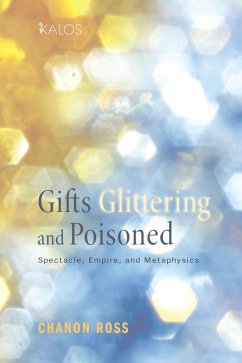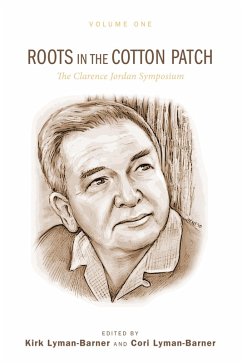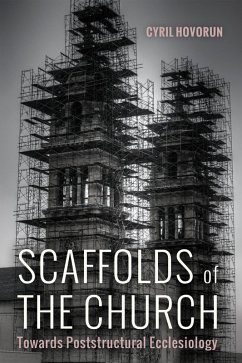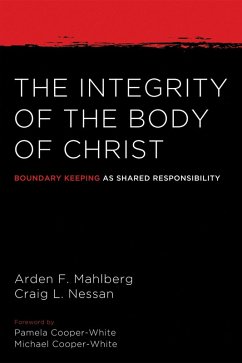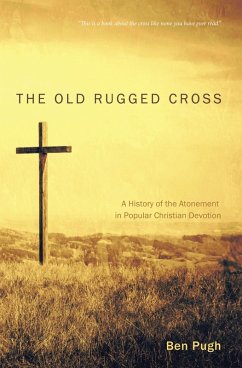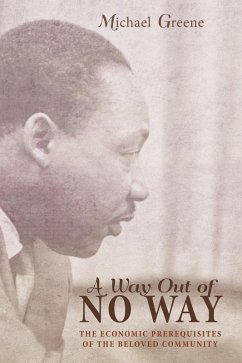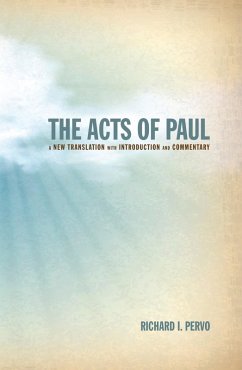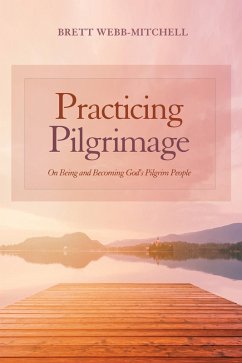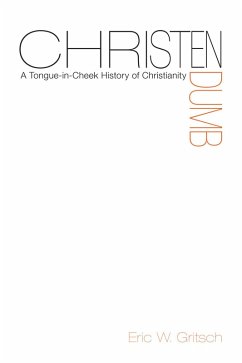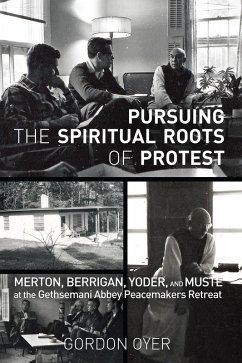
Pursuing the Spiritual Roots of Protest (eBook, ePUB)
Merton, Berrigan, Yoder, and Muste at the Gethsemani Abbey Peacemakers Retreat
Versandkostenfrei!
Sofort per Download lieferbar
18,95 €
inkl. MwSt.
Weitere Ausgaben:

PAYBACK Punkte
9 °P sammeln!
In the fall of 1964, Trappist monk Thomas Merton prepared to host an unprecedented gathering of peace activists. "About all we have is a great need for roots," he observed, "but to know this is already something." His remark anticipated their agenda--a search for spiritual roots to nurture sound motives for "protest." This event's originality lay in the varied religious commitments present. Convened in an era of well-kept faith boundaries, members of Catholic (lay and clergy), mainline Protestant, historic peace church, and Unitarian traditions participated. Ages also varied, ranging from twen...
In the fall of 1964, Trappist monk Thomas Merton prepared to host an unprecedented gathering of peace activists. "About all we have is a great need for roots," he observed, "but to know this is already something." His remark anticipated their agenda--a search for spiritual roots to nurture sound motives for "protest." This event's originality lay in the varied religious commitments present. Convened in an era of well-kept faith boundaries, members of Catholic (lay and clergy), mainline Protestant, historic peace church, and Unitarian traditions participated. Ages also varied, ranging from twenty-three to seventy-nine. Several among the fourteen who gathered are well known today among faith-based peace advocates: the Berrigan brothers, Jim Forest, Tom Cornell, John Howard Yoder, A. J. Muste, and Merton himself. During their three days together, insights and wisdom from these traditions would intersect and nourish each other. By the time they parted, their effort had set down solid roots and modeled interreligious collaboration for peace work that would blossom in coming decades. Here for the first time, the details of those vital discussions have been reconstructed and made accessible to again inspire and challenge followers of Christ to confront the powers and injustices of today.
Dieser Download kann aus rechtlichen Gründen nur mit Rechnungsadresse in A, D ausgeliefert werden.




